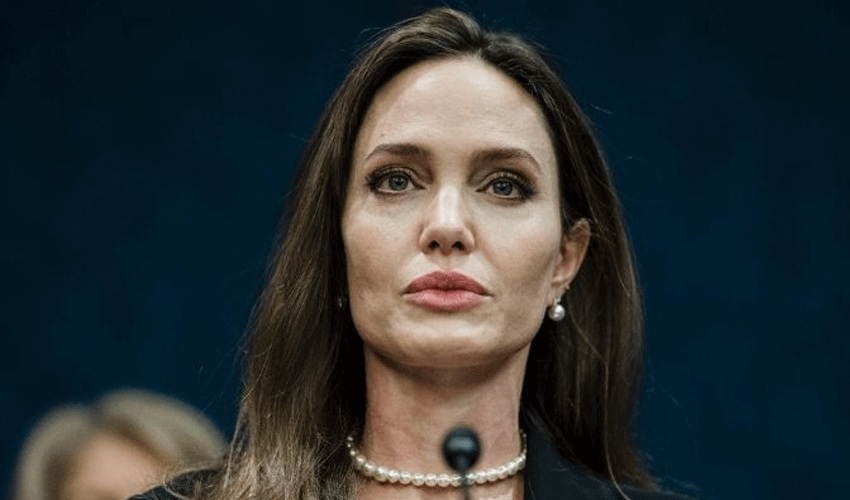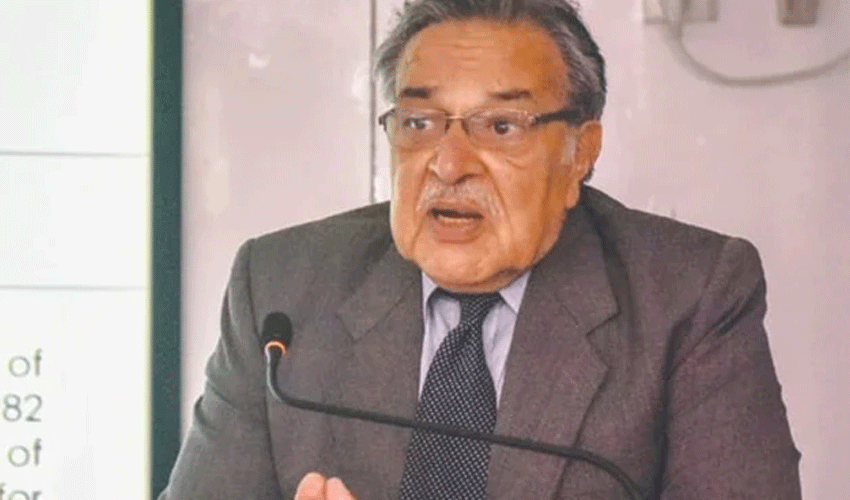Prince Harry emerged victorious in his phone hacking lawsuit against the Daily Mirror's publisher, securing a substantial award of over £140,000.
This landmark trial marked the first of several legal battles the Duke of Sussex initiated against British tabloids.
Justice Timothy Fancourt, presiding in the High Court, ruled that phone hacking was both "widespread and habitual" at Mirror Group Newspapers, with private investigators playing a crucial role in unlawfully gathering information.
The judge held that the executives were not only aware of these practices but also engaged in covering them up.
Awarding damages for 15 out of the 33 contested newspaper articles, Justice Fancourt acknowledged the infringement on Prince Harry's private information.
The Duke was compensated not only for the harm caused but also for the distress he endured.
Additionally, a sum for aggravated damages was granted, emphasizing the particular sense of hurt and outrage due to the complicity of two Trinity Mirror directors who knew about and allowed the illicit activities to persist.
Rather than putting an end to the illegal conduct, the judge noted that these directors chose to turn a blind eye and actively concealed the wrongdoing.
He asserted that stopping the unlawful actions earlier would have curtailed the misuse of Prince Harry's private information.
Prince Harry, breaking with the royal family's traditional aversion to litigation, had sought £440,000 in his quest against the British media.
This marked a historic move as he became the first senior royal member to testify in court in over a century.
During his two-day appearance in June, he accused Mirror Group Newspapers of employing journalists engaged in voicemail eavesdropping and hiring private investigators who used deception and unlawful means to gather information about him and other family members.
In the High Court, Prince Harry boldly claimed, "I believe that phone hacking was at an industrial scale across at least three of the papers at the time, beyond any doubt."
However, Justice Fancourt cautioned against assuming that all published content resulted from voicemail interception, stating that the Mirror Group was not solely responsible for all the unlawful activities directed at the Duke.



























